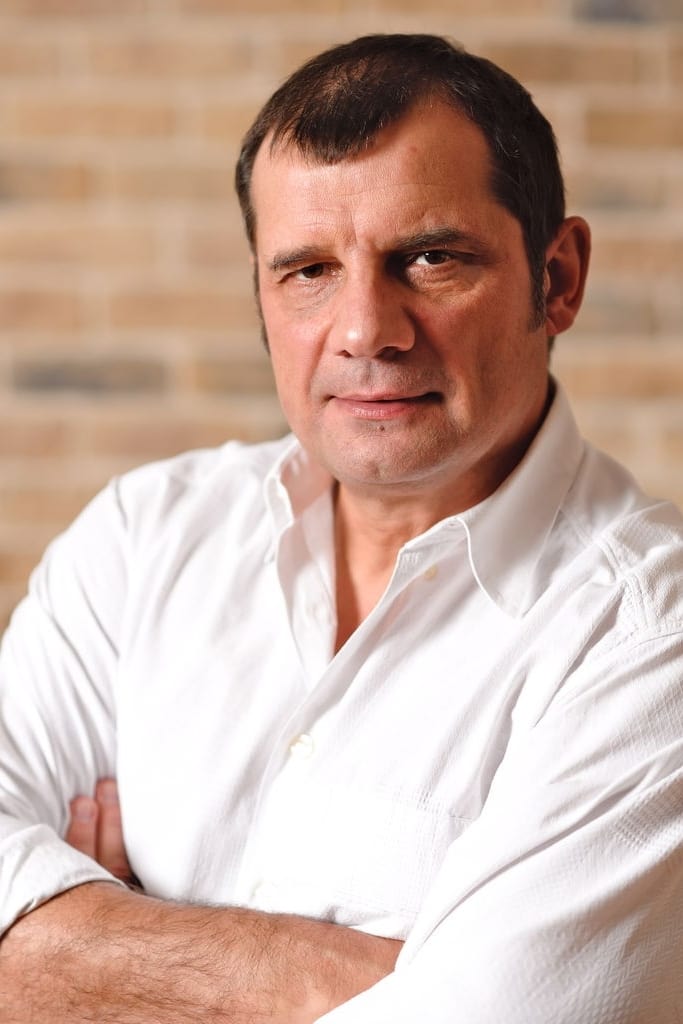
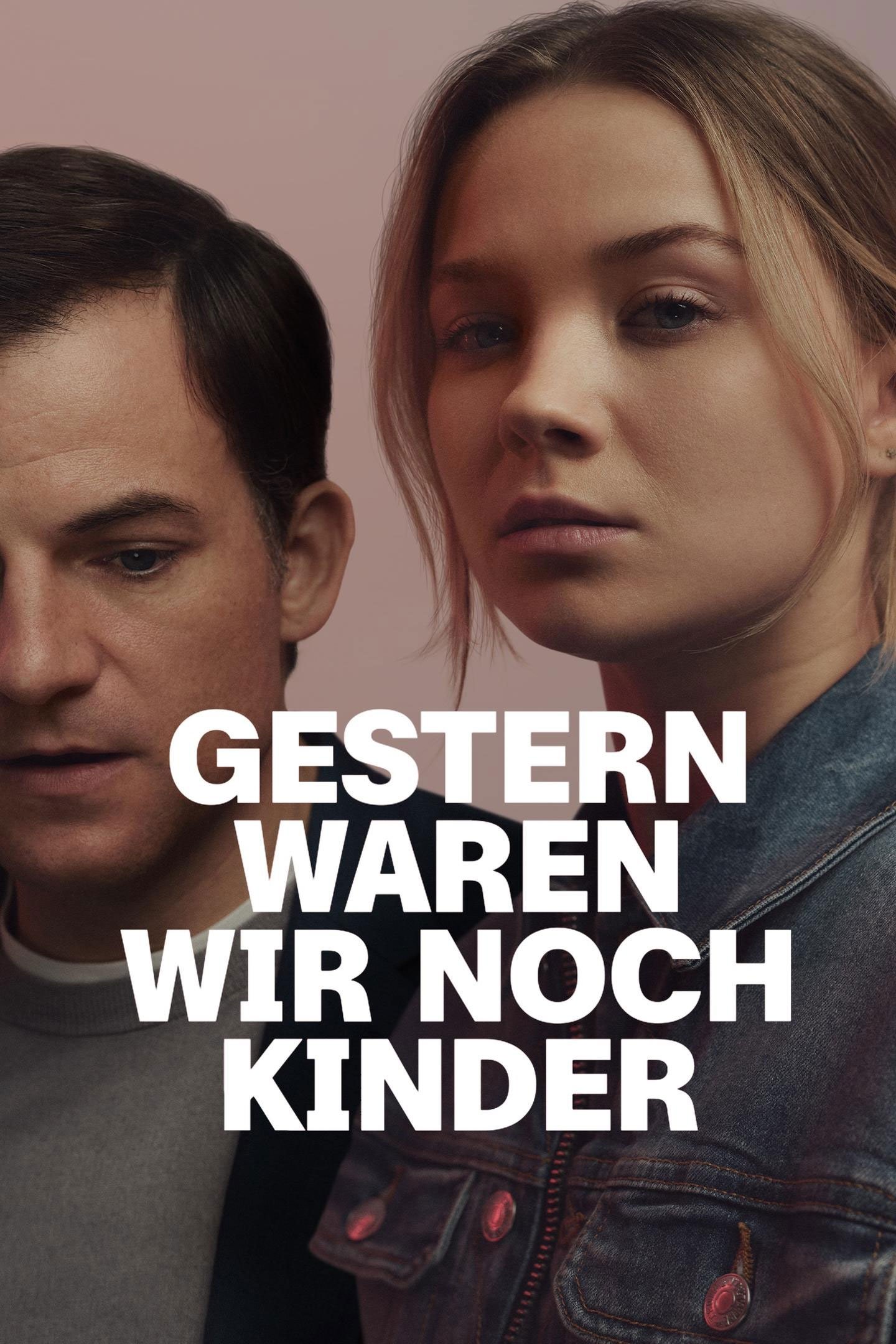
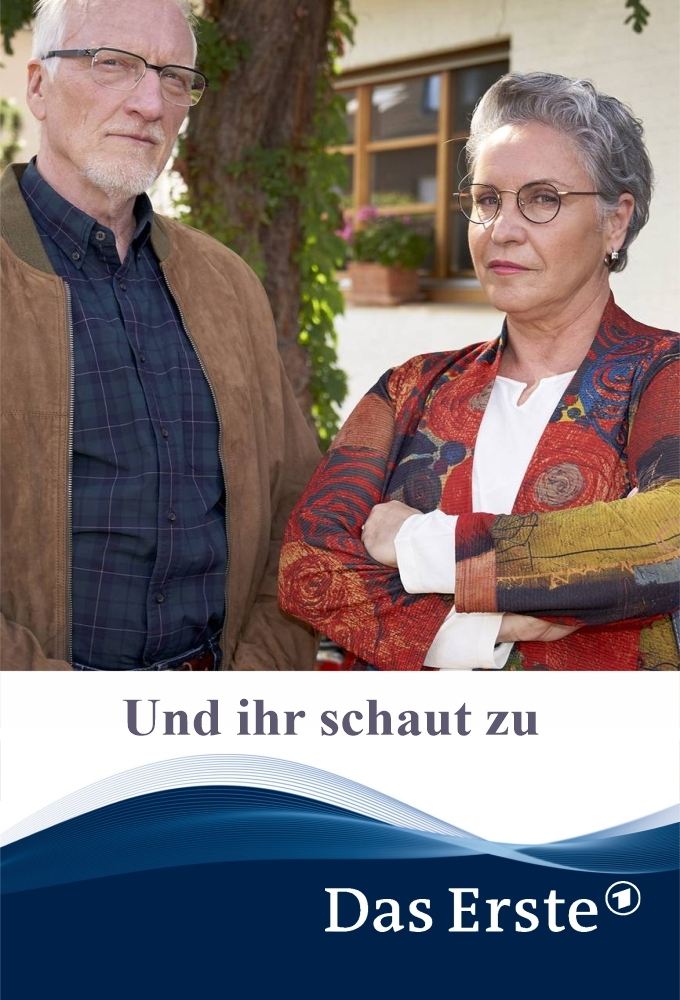
After her daughter's fatal accident at a busy intersection, Jenni is confronted with videos on the web of Mia dying. Instead of helping, passersby were filming with their cell phones. The horrific images won't let Jenni go. Horror and rage at the gawkers' pitiless curiosity take her completely captive. There is hardly any room for her grief; instead, she obsessively searches for the accident spectators in order to confront them with the consequences of their sensationalism. She finds what she's looking for – but her first encounters don't help her. No one seems aware of any wrongdoing, or capable of admitting it. Supported by a tough lawyer, Jenni decides to take action against the sensationalists.
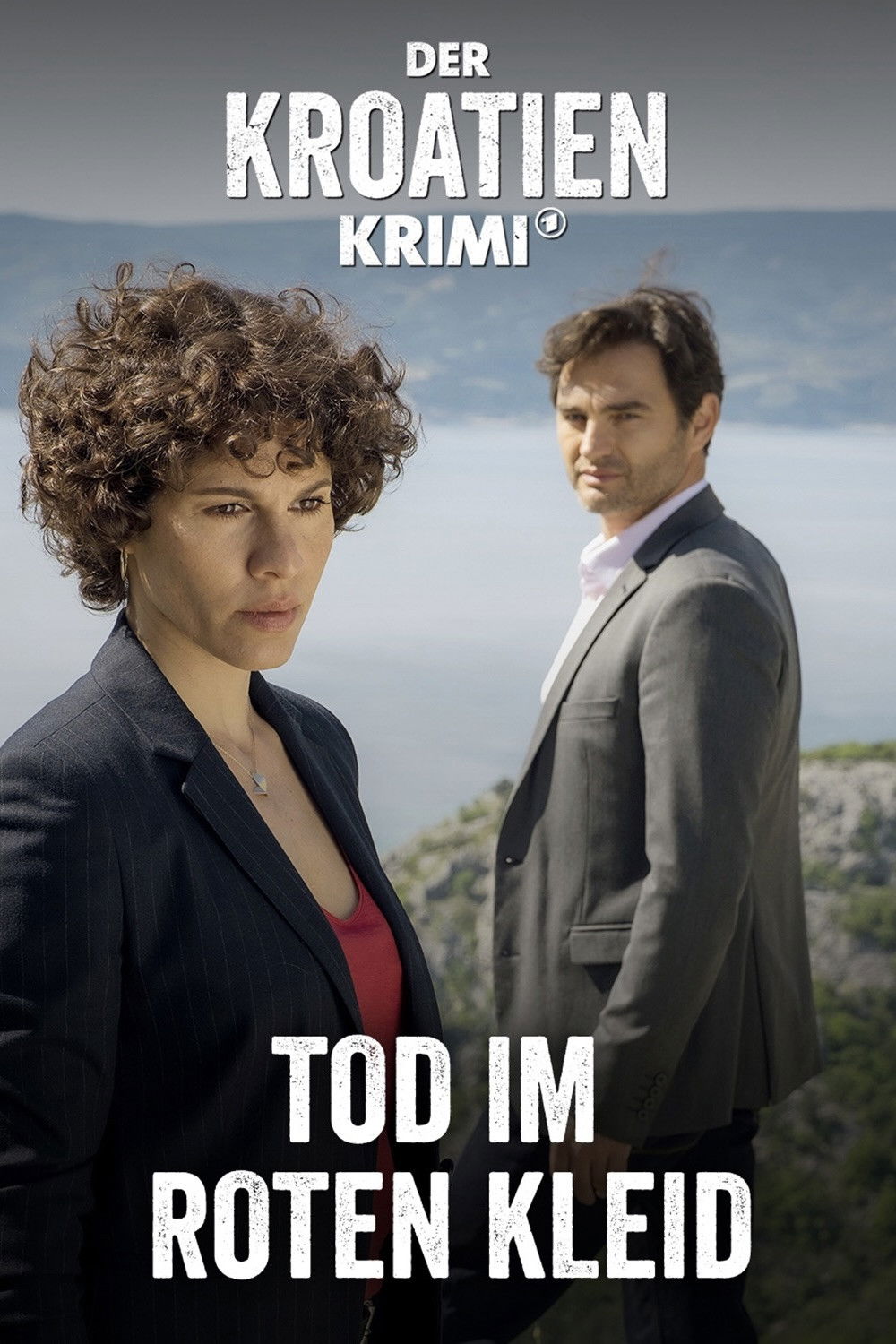
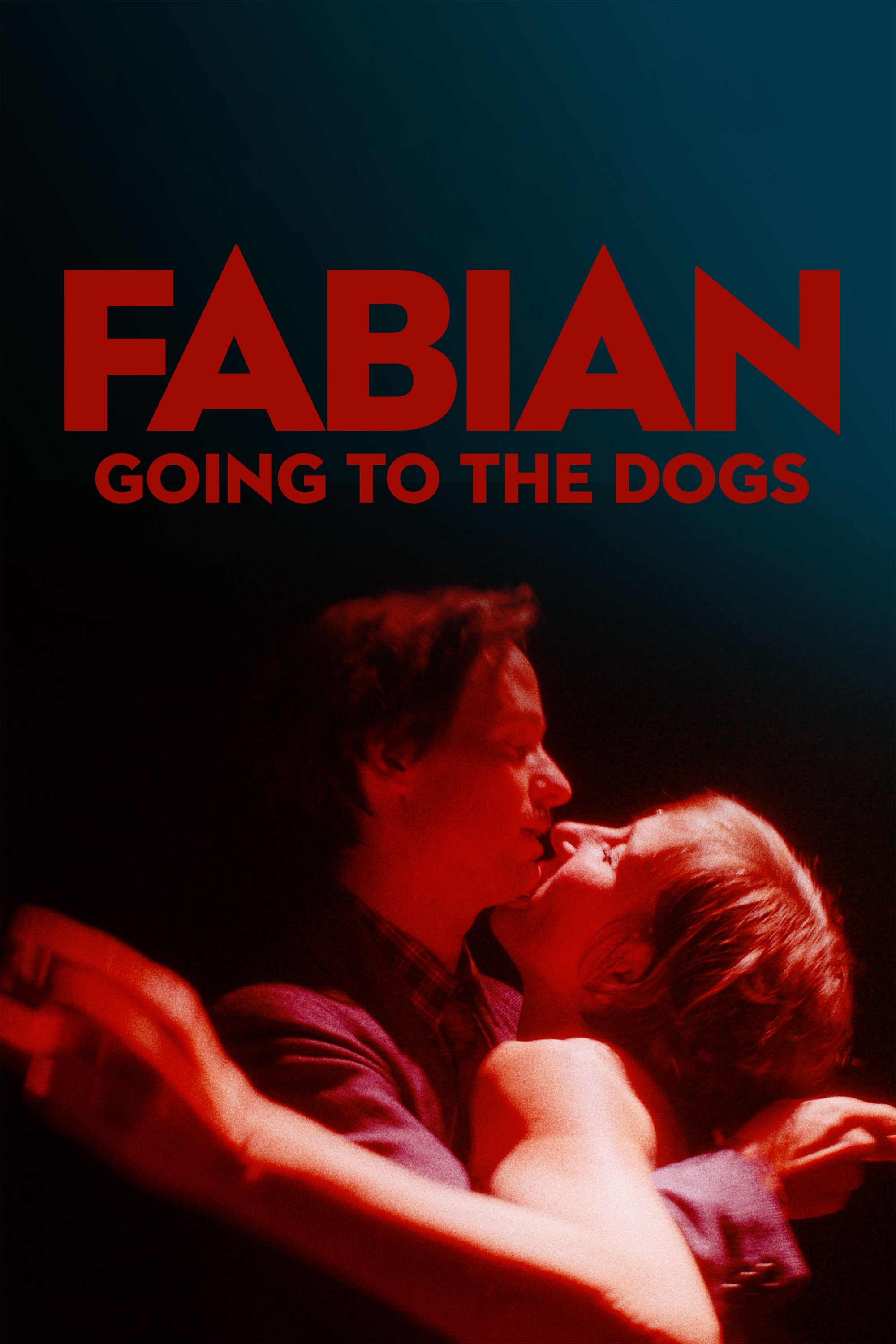
In 1930s Berlin, Dr. Jakob Fabian, who works by day in advertising for a cigarette company and by night wanders the streets of the city, falls in love with an actress. As her career begins to blossom, prospects for his future begin to wane.
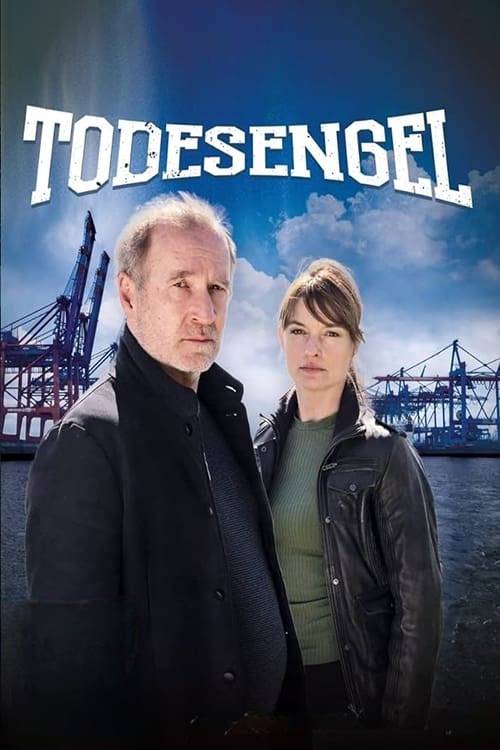
In “Death Angel”, Jakob Ziemnicki's film adaptation of the novel “Walküre” by Craig Russel, Peter Lohmeyer alias Jan Fabel does everything possible to eradicate his most bitter flesh as an investigator: the Hamburg chief commissioner once again chases one of the press as the “angel of St. Pauli "described the serial killer who" punished "sex offenders ten years ago, remained undetected and is now apparently active again. However, the chief investigator, along with his crime logs played by Ina Paule Klink and Proschat Madani, comes across puzzling deviations from the previous victim scheme.
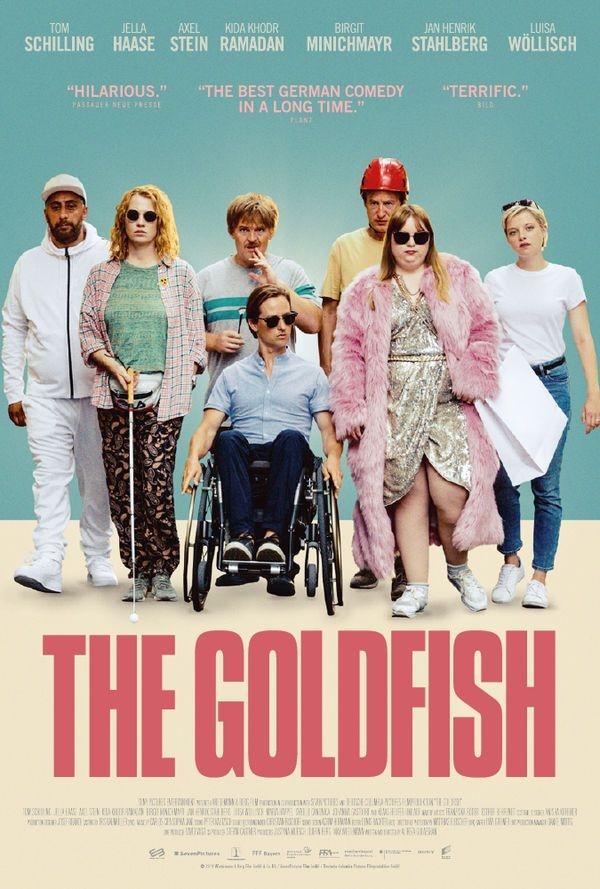
Oliver is a banker and portfolio manager and leads a life in the fast lane, which one day comes to an abrupt end, as he builds a self-inflicted accident on highway with 230 km / h and raced through a guardrail. When he wakes up in the hospital again, he faces a devastating diagnosis: paraplegia. Actually, a rehabilitation stay of several months is planned in the hospital, but Oliver soon falls on his head and ends up in a disabled shared flat with the name "Die Goldfische"
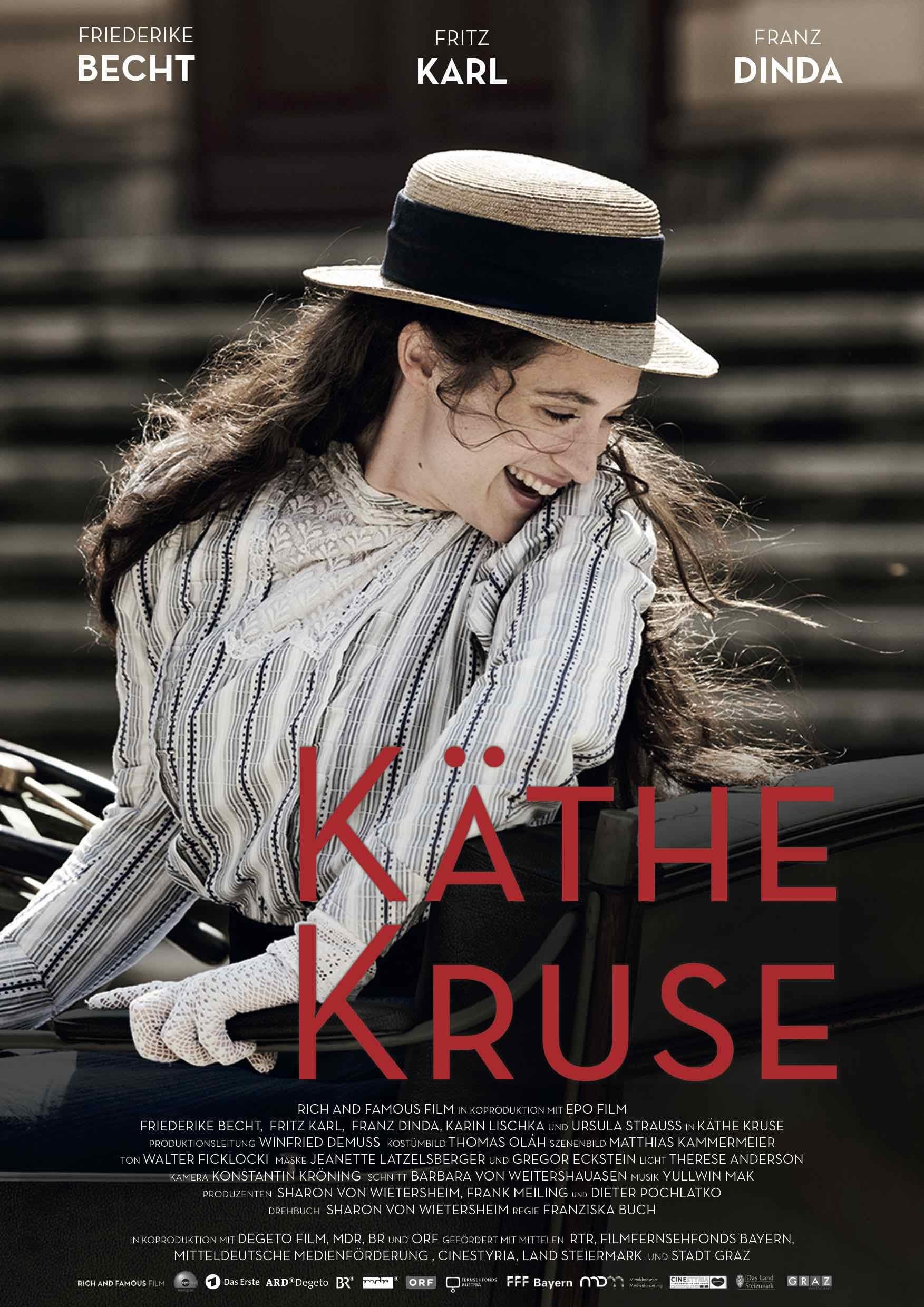
The young actress Käthe is not 18 when she conquered Berlin's theater stages. Privately she finds her luck alongside the famous artist Max Kruse, but the wild marriage is considered scandalous and has a negative effect on the sale of his art. Thus, Käthe moves without him into an artists' colony on Monte Verità on Lake Maggiore. Out of necessity, she creates a doll that has never been seen before: with a natural expression and vivid facial expressions. What follows is a blitz career. But the phenomenal success of their handmade dolls causes unpleasant imitations - their company is about to go out.
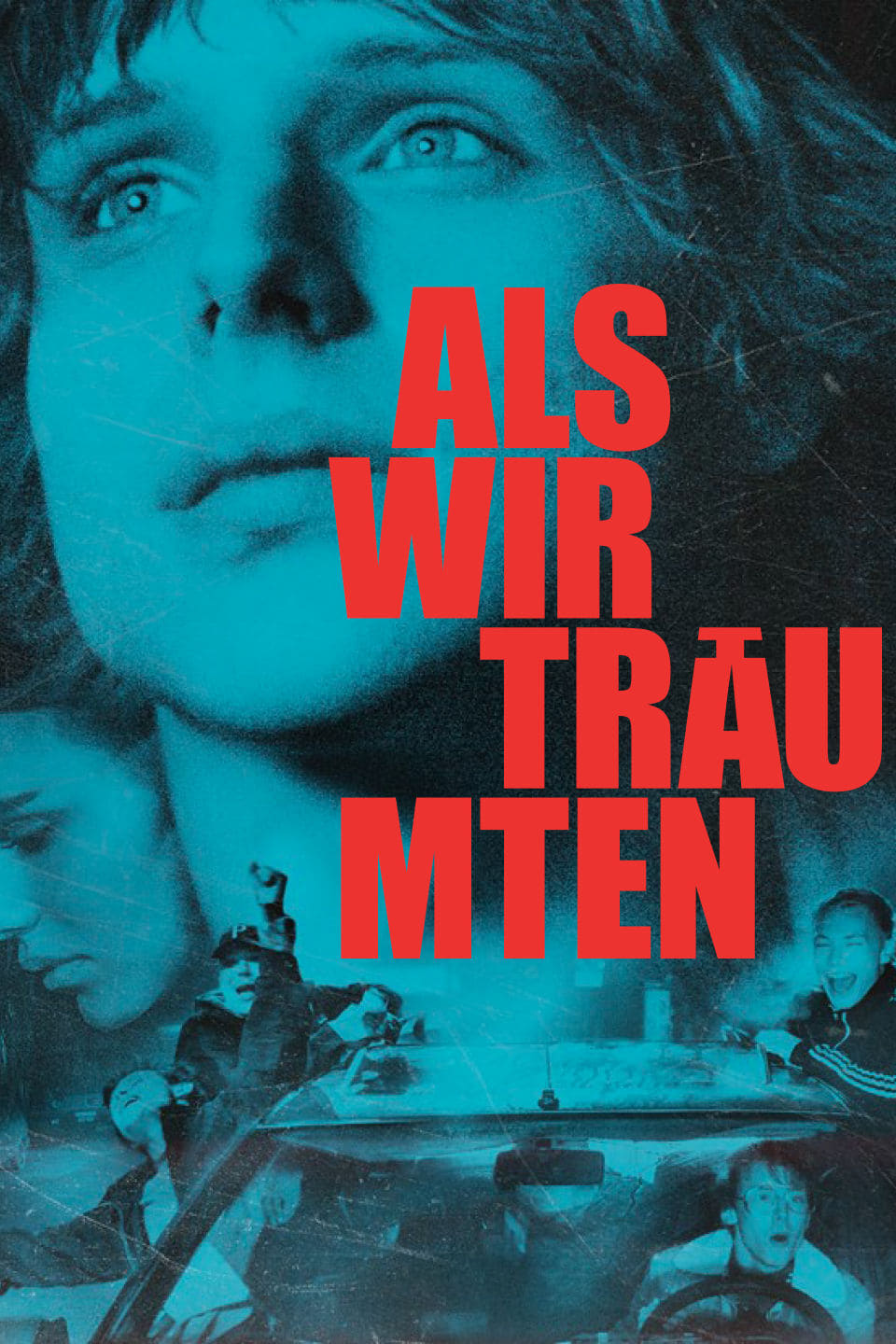
Andreas Dresen's adaptation of Clemens Meyer's novel about a group of East German friends right after the fall of the Wall.

By browsing this website, you accept our cookies policy.